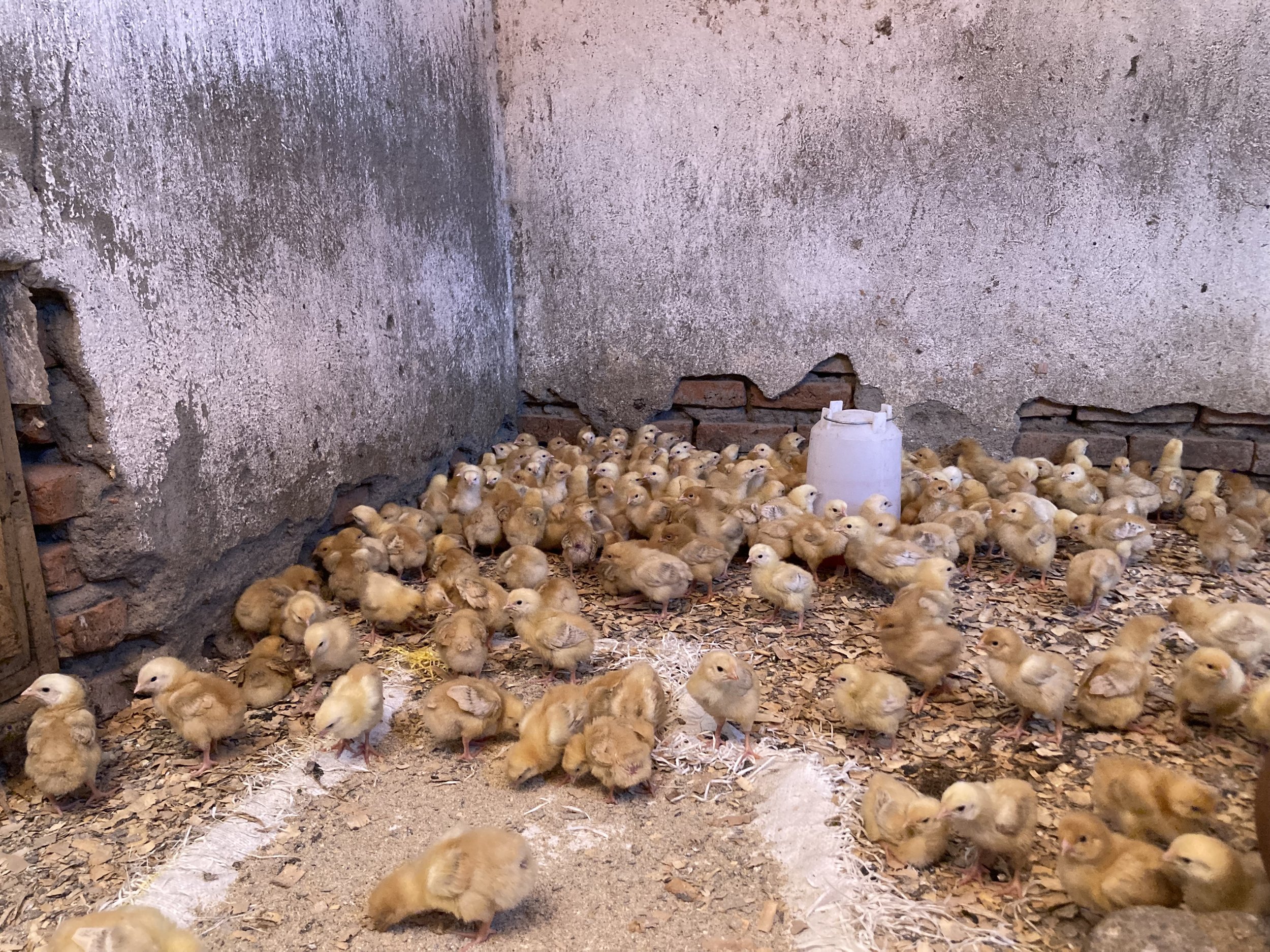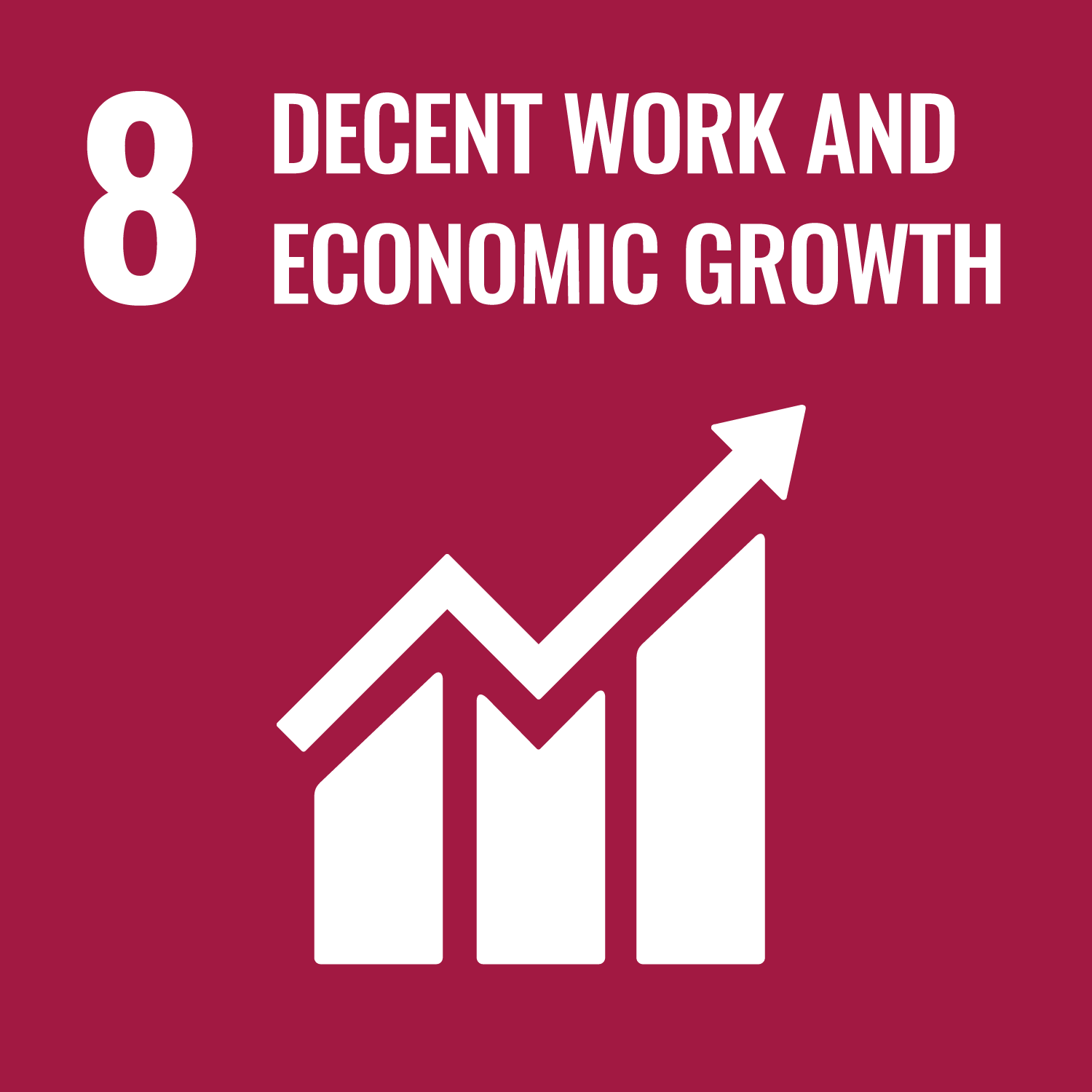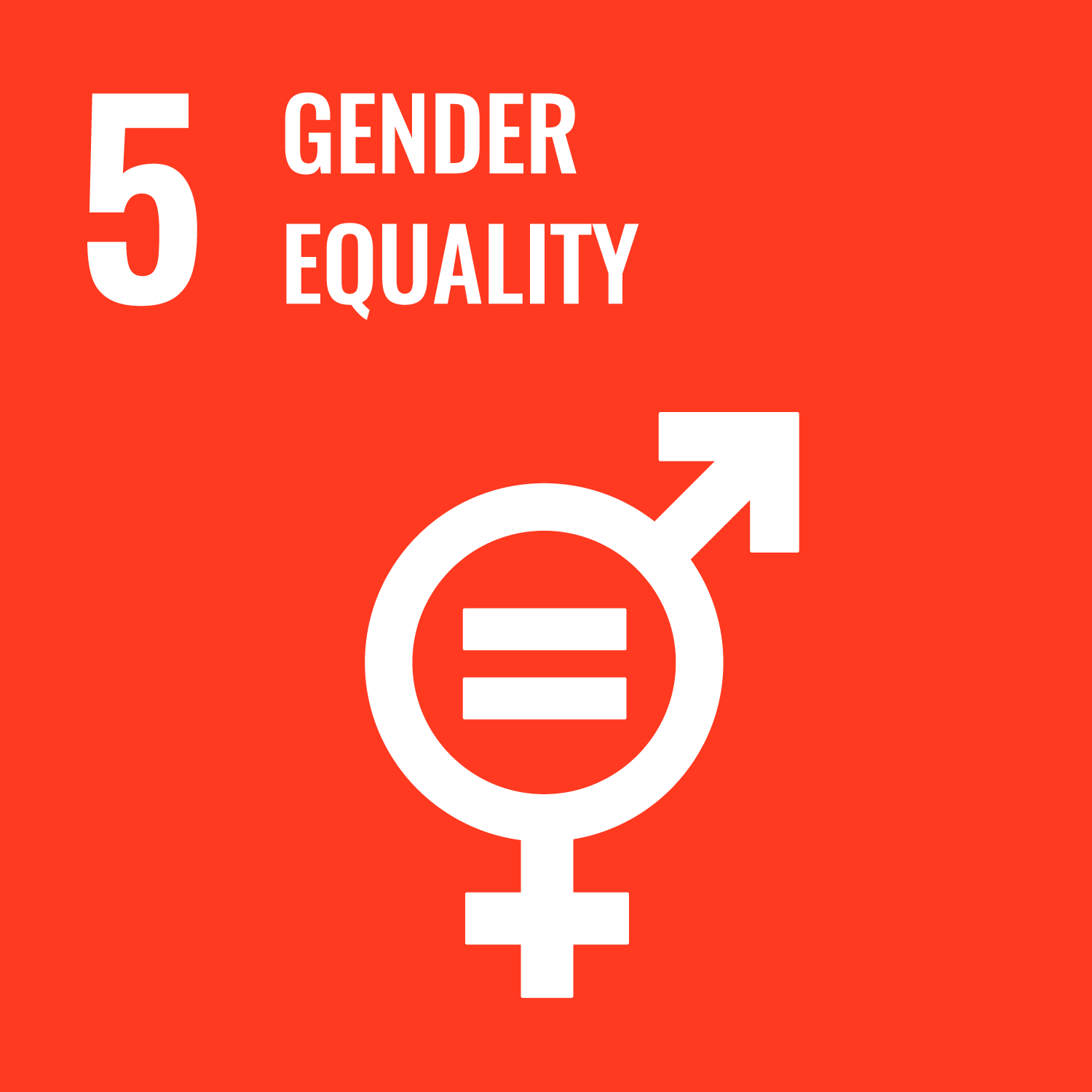Poultry Husbandry for Genocide Against Tutsi Survivors Widows
Widow empowerment by poultry husbandry
Widows are considered as a vulnerable group. They live without support from partners but some still have to raise children by themselves. Women also suffer from gender equality, which makes it hard to find a job or receive lower payment than men. Considering that, the local government in Kinigi and SACOLA initiated a project, for the purpose of widow empowerment: poultry husbandry.
Involvement of SACOLA and local government in Kinigi
First of all, SACOLA established a chicken coop, including three cabins and a water tank in the middle. Then, widows were recruited by the local government in Kinigi. They work in the chicken coop, based on the daily tasks such as refilling water, feeding food, and cleaning chickens’ dungs.
Fig. 1 A chicken cabin, used for raising chicks, with a label of contributors to this project.
Fig. 2 Chicks are cuddling together at the corner of one cabin inside the chicken coop.
The product of chicken coop, is eggs. Everyday the chickens are able to produce hundreds of eggs. Those eggs are transported to local markets and hotels. The demand always surpasses the supply. Which makes those who would like to purchase these eggs need to order in advance.
Furthermore, SACOLA further implements ownership strategy. An ownership strategy gathers the will of owners and targets at a common purpose and anchors on shared values. It further adds to the corporate governance bundle to mitigate negative consequences led by disorganisation [1]. In this project, widows are entitled to share the revenue, and it ends up being a sustainable business for them.
FIG. 3 SEVERAL PACKS OF CHICKEN FEED IN STORAGE ROOM
FIG 4. WORKERS FROM THE CHICKEN COOP ARE HOLDING THE CHICKEN FEEDING EQUIPMENT.
Alignment with UN SDGs
Gender equality
Widows not only suffers from losing the beloved partner, but also tolerate the discrimation, low expectation of payment and few job opportunities. Poultry husbandry empowers widows who are women to raise chicken and generate income from their decent work. It eliminates the gender inequality by entitling the ownership of business.
Decent work and economic growth
Poultry husbandry in Kinigi community increases income-generating employment opportunities. It achieves SDG 8: Decent Work and Economic Growth by generating employment for vulnerable groups, who are widows, the survivors from 1994 genocide against Tutsi.
Reference
Jonsdottir, G. E., Sigurjonsson, T. O., & Poulsen, T. (2020). Ownership strategy: A governance mechanism for collective action and responsible ownership. Corp. Ownersh. Control, 17, 34-45.
Copyright © minifeng 2022











